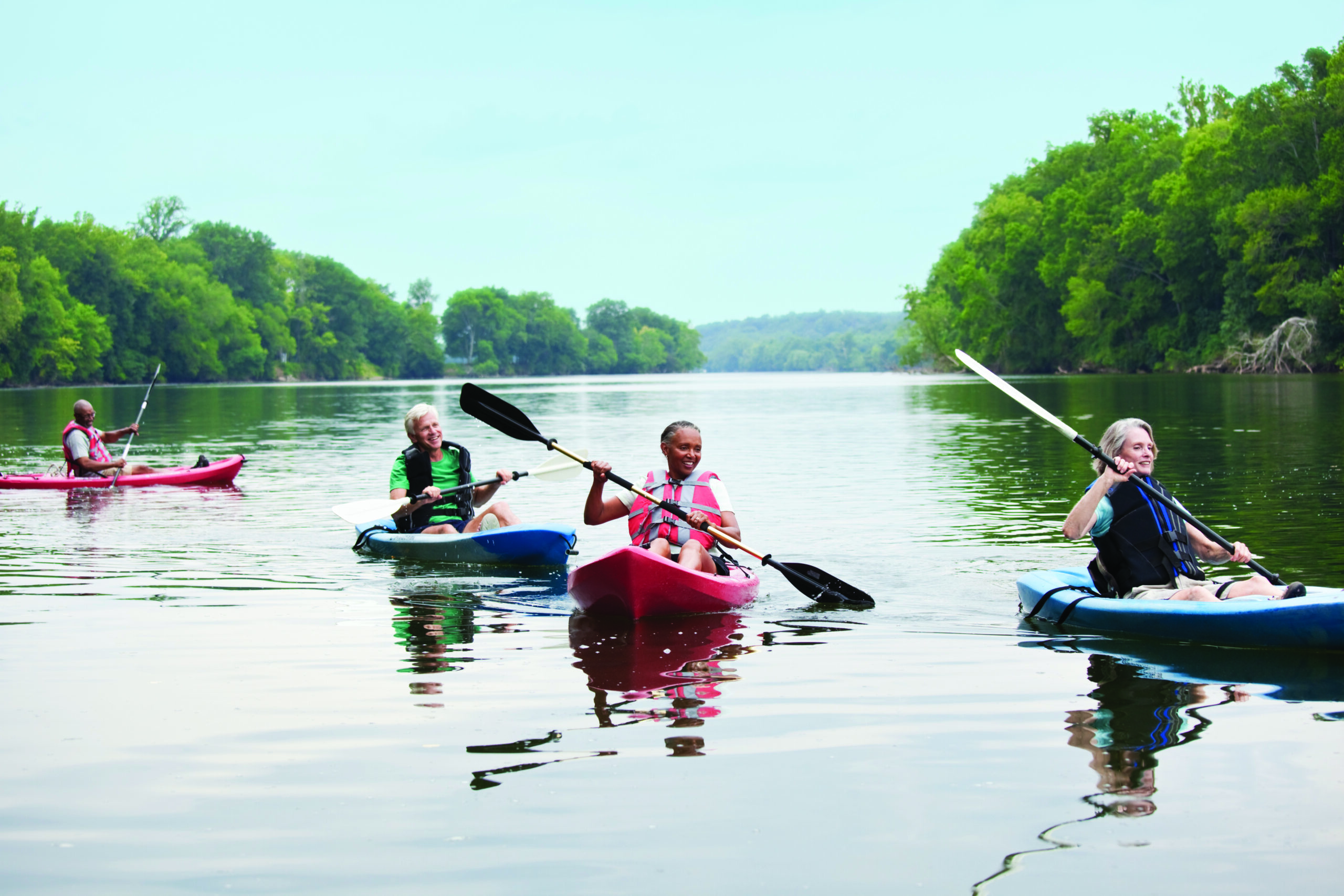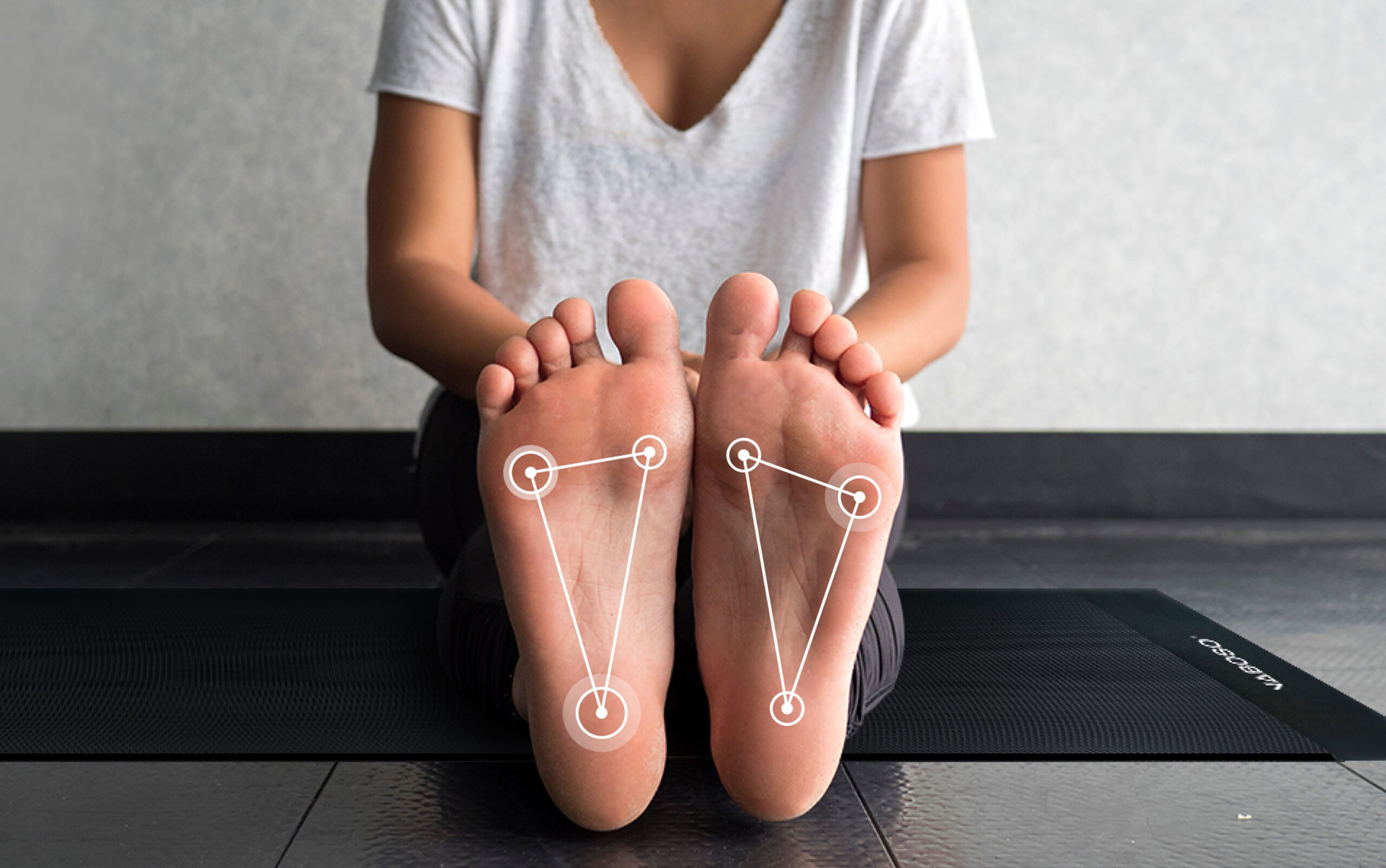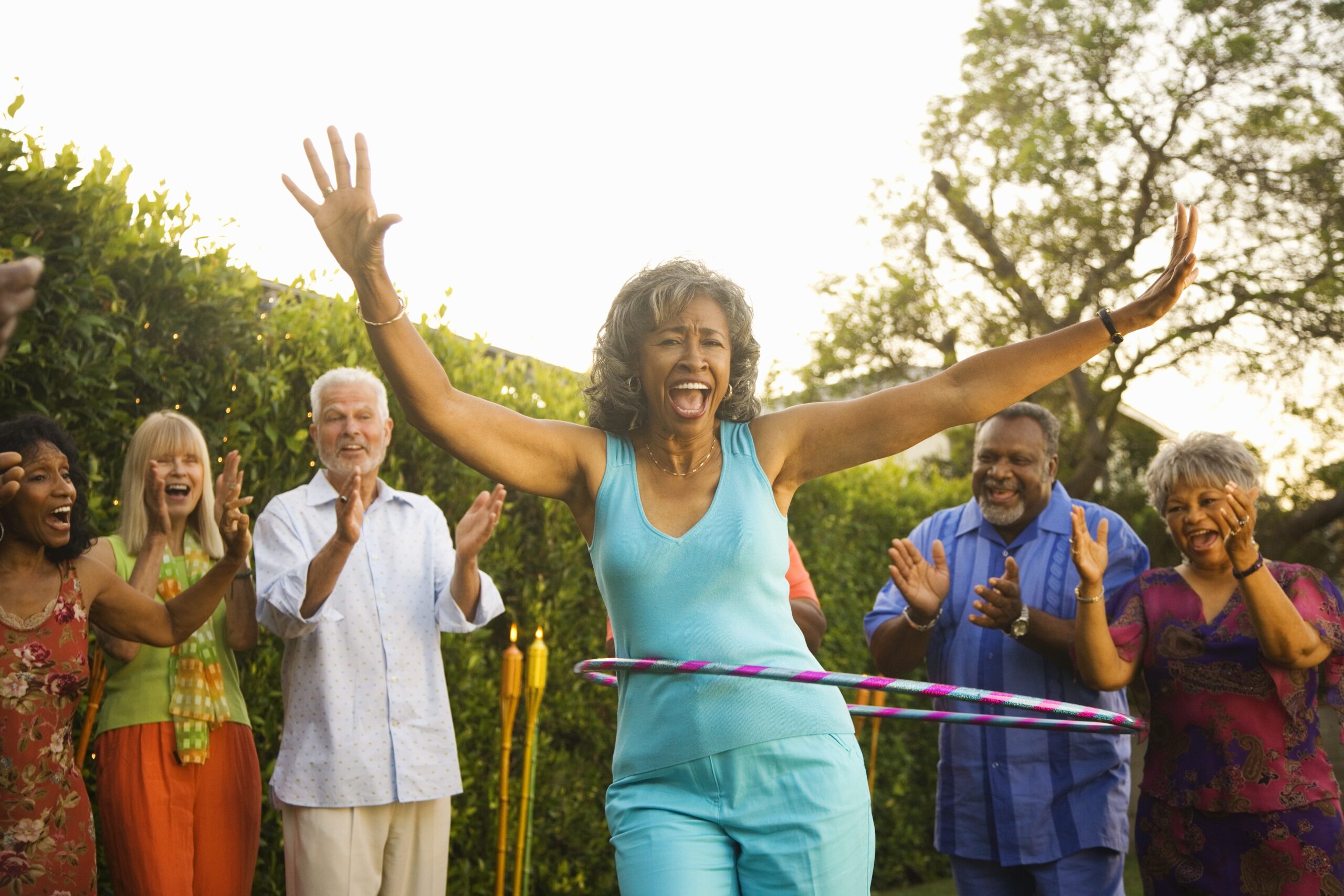Last Updated on May 16, 2024
By Growing Bolder Founder and CEO Marc Middleton:
There are some who say that we should never use the term successful aging. They believe it’s ageist because it turns aging into a binary event: either you’re a success at it or you’re a failure. I think that’s absurd. Success is different for all of us, and we each have the right to define it for ourselves. Teaching kindergarten and shaping young minds might represent success to one person, while running a global corporation might represent success to another. What makes a successful marriage, business or vacation? You get to choose. Likewise, you get to decide what successful aging means to you.
For me, the broad strokes are pretty simple. I want to remain active, healthy, productive, and independent for as long as I can. I want to be available for whatever new opportunities and experiences might present themselves. I want to be able to say, “Yes!”
These 10 keys will, I believe, dramatically increase my odds because they’re informed by two decades of studying, interviewing and learning from hundreds of ordinary people living extraordinary lives into their 80s, 90s, and even 100s. These are the lessons I’ve learned from active centenarians and the other Rock Stars of Aging®.
1. Change your belief system about what’s possible.
This is job No. 1, because we live in an ageist culture that leads us to fear and resent growing older. The damage is quickly passed from our minds into our bodies. We anticipate the perceived negative benchmarks of aging so strongly that we all but guarantee that they’ll come to pass. What the mind believes, the body embraces.
2. Prehabilitate.
Prehabilitation is simply positive lifestyle modification. It’s preparing for the inevitable health challenges and physical setbacks that are part of the human condition. The types of interventions available to us when we suffer those setbacks, and the extent and speed of our recovery afterward, are determined by our health and wellbeing at the time — not by our age. That makes regular exercise, better nutrition, good sleeping habits, and stress reduction aging’s ultimate no-brainer.
3. Adapt and accommodate.
The single most common denominator shared by those who live active lives into their 90s and 100s is loss. The key is not to mourn what’s lost but to celebrate what remains. To not identify with limitation but rather identify with possibility. To adapt to and accommodate the loss. Grandma Moses had a passion for embroidery. She had to give it up in her late 70s after developing a debilitating case of arthritis. She could have easily lost a creative passion that gave her life purpose. Instead, she took up painting because her arthritic fingers could still hold a big brush. The rest is art history. She remained happily engaged in something she loved until her death at 101.
4. Have purpose in your life.
Purpose fuels the life force. It’s important to have something that gets us out of bed every morning. We need unfinished business. It’s common to hear about people passing away not long after retiring from a lengthy career or following the death of a spouse. That’s largely because the job or the relationship provided purpose. Your purpose doesn’t have to be profound. It must simply move you to action. It could be painting, as it was for Grandma Moses.
5. Be curious and never stop learning.
Curiosity leads directly to lifelong learning: the ongoing, self-motivated pursuit of knowledge. Lifelong learning helps us adapt to change and stay in the job market. It promotes brain health, creates social connection, increases happiness, reduces stress, and leads to a multi-dimensional life.
6 Love.
The two most common questions we ask ourselves just before death are: “Was I loved?” and “Did I love?” In other words, love is the true source of happiness. It’s also an important component of health. Research has proven that love raises our immunity, lowers our blood pressure, and reduces stress and depression. And it doesn’t have to be the romantic kind of love. Close friendships and loving family have the same effect.
7. Stay socially engaged.
We’re social animals who are hardwired to engage with others. It’s in our DNA. When we’re separated from the herd, we decline rapidly. Social relationships have a profound influence on mental and physical health, mortality risk, and longevity. It’s important to pick our friends wisely, though, because health-related attitudes — positive and negative — spread rapidly throughout social networks. Active, healthy, happy friends are the vaccine against sickness, depression and cognitive decline. Community is immunity.
8. Avoid Negativity.
Much has been written about the power of positive thinking but little about the power of negative thinking. Research reveals that negative begets negative far more than positive begets positive. While positive thinking alone won’t ensure the success of any endeavor, negative thinking alone will quickly doom it. Negative thinking leads directly to anxiety, low self-esteem, lack of self-confidence, unhealthy behaviors, and ultimately, sickness. As we age, positivity is important but avoiding negativity is crucial.
9. Say Yes. Be an Amateur.
As we age, we have to resist the urge to regress into that which is comfortable and familiar. We have to continue to say “Yes!” to life. We have to be willing to risk embarrassment, social unease, and failure. To be afraid to fail is to be afraid to live. Forget perfection. Develop a beginner’s mindset, which is open to new ideas and possibilities and understands that failure is nothing more than important feedback.
10. Carpe the Hell Out of This Diem.
This is my one key that incorporates all the others: Never let an opportunity pass you by, because none of us know what’s around the corner. I don’t believe that when one door closes another one opens. I believe that when you stop opening doors, the ones you’ve already opened begin to close. Don’t sit back. Lean in. Carpe the hell out of this diem.
To watch daily pep talks about successful aging from Marc Middleton, visit Watch.GrowingBolder.com














